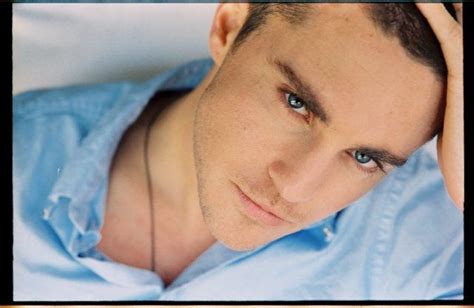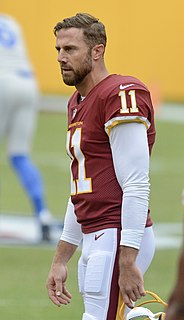A Quote by Derek Magyar
Going into my second film as a director, it's night and day of what it was like going into my first film. It doesn't matter what you know in your head and what you've been taught until you're there and doing it; it's a whole new ball game.
Related Quotes
My hat's off to documentary filmmakers. I don't know if I'm ever going back to it. You're treated like a second-class citizen at most film festivals. You take the bus while everybody else is flown first-class. If you're a feature film director, you're put in a five-star hotel, and if you're a documentary director, you stay in a Motel 6.
It's hard to see a film one time and really "get it," and write fully and intelligently about it. That's a review. That's not film criticism. And there's so many expectations involved, too. You're going in to see the latest Martin Scorsese or Stanley Kubrick film, you really have high hopes, and you can't help but find that it's not exactly what you had in your head going in. Until you can watch it again, you can't accept the work for what it intends to be. It takes at least a second viewing.
You're frustrated when things aren't going right. When you're out there, you have your piece of it, your view. It isn't until usually the next day when you're watching the film that you get to put all the pieces together: 'Oh, this is what happened on that play'; 'This is why I did that.' You don't totally know that game day.
It does not feel any different being directed by a first-timer as long as I am convinced that the director is passionate about the film he or she is making. If you get a sense of their vision for the film and their aesthetics of your performance, then it does not matter whether you work with a new or an experienced director.
I don't know that a movie like Doctor Strange couldn't have been the second or third film we made. I don't think we're doing anything in that requires past viewing, as opposed to Civil War which we wouldn't have done as the first or second movie because so much of that film is based on the pre-existing relationships between the characters.
When we first made this whole idea this was going to be calling card film [Moon] and it was going to give the opportunity to make my first feature film. But it turned out a lot better, we just couldn't stop ourselves from going into it, and we are very proud that it turned into something that people wanted to see.
Me and Kirby are very collaborative and it changes from film to film. The first project we worked on together, Derrida, we co-directed. The last film Outrage, I was the producer and he was the director. This film was much more of a collaboration - he is the director and I am the producer - but this is a film by both of us.
We made 'Mickey and the Bear' with barely any money with a first-time director, a first-time director of photography, and a crew who had just graduated from NYU film school. We were all very much in this together for the first time. There's no famous actor or big explosions. It's not a Marvel movie. I thought nobody was going to see this film.




































